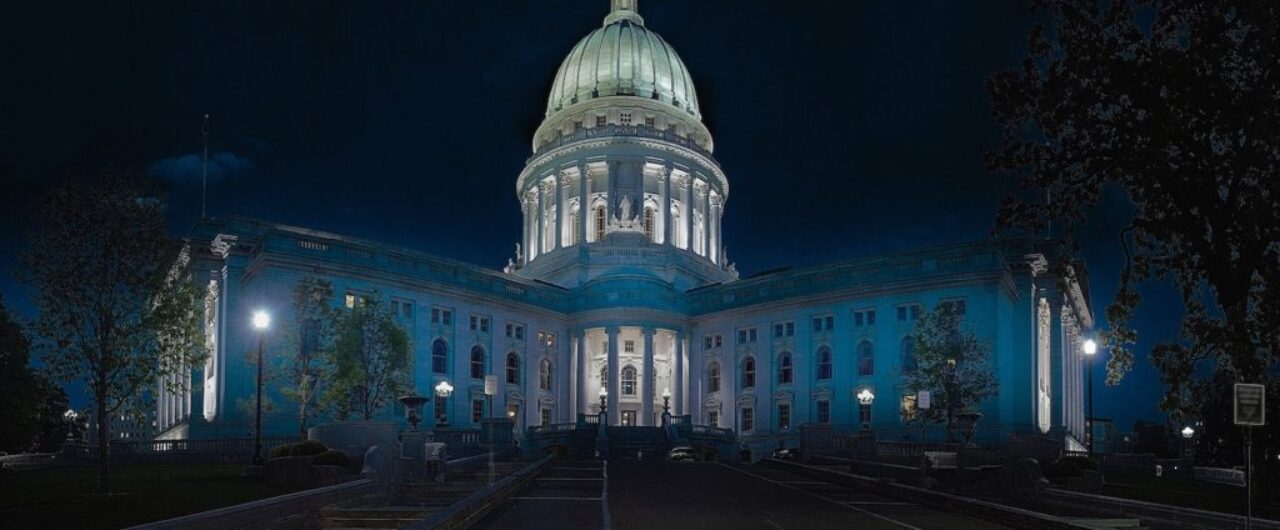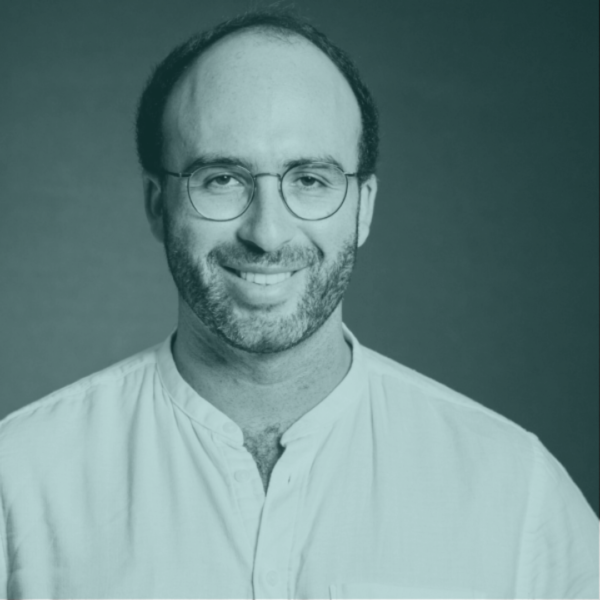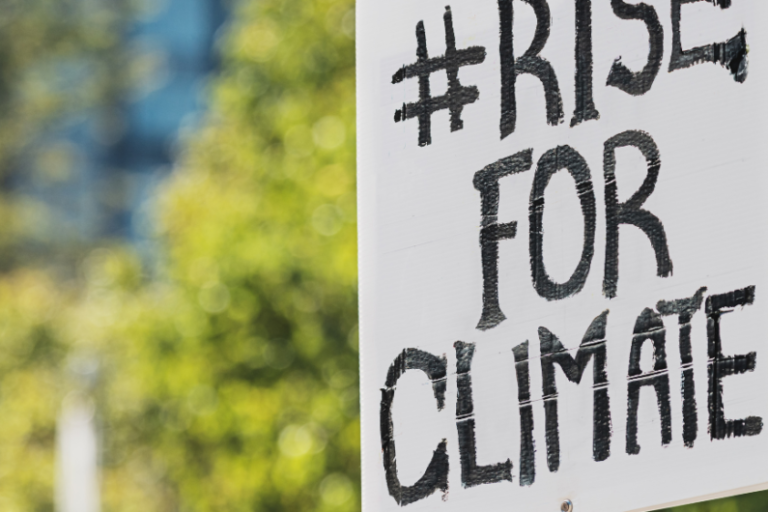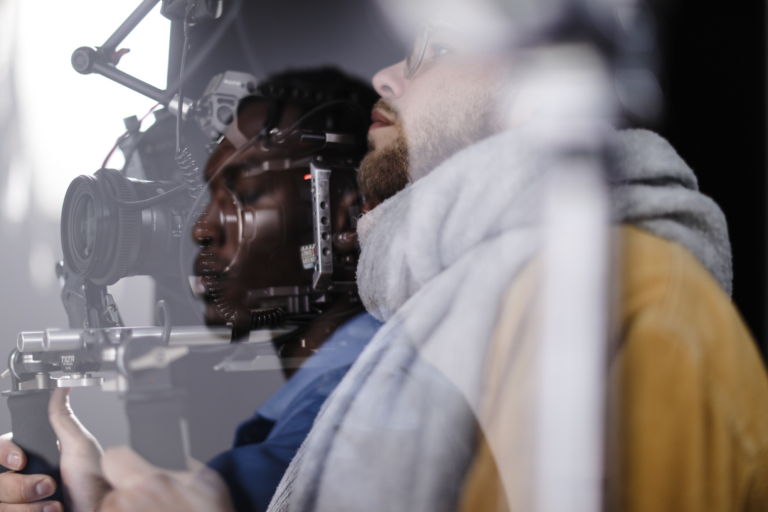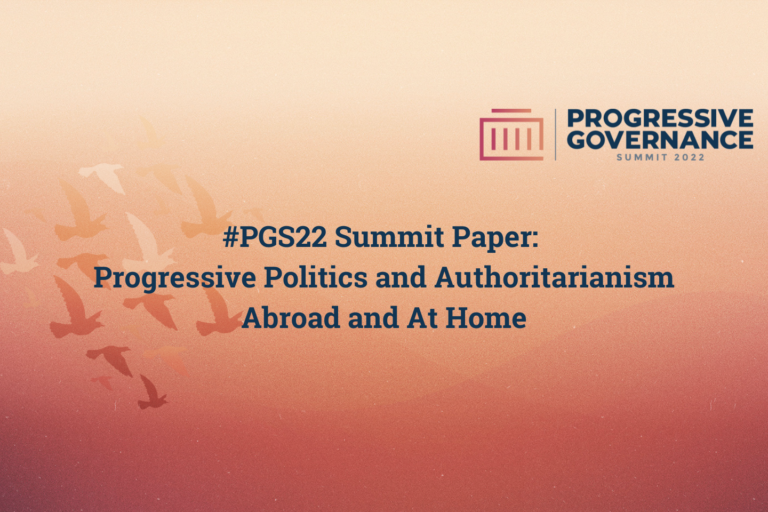After Super Tuesday, the Democratic Presidential Primary has narrowed down to two frontrunners. Das Progressive Zentrum team member and Chair of Democrats Abroad Berlin Diego Rivas explains the nitty-gritty of the Democratic primary, whether it is more representative than the German electoral system – and why the Super Tuesday’s results may not determine the winner.
Diego, could you explain to us who can vote in the Democratic Primary?
Diego Rivas: Each of the 50 states have different rules on who may participate in the Democratic presidential primary. The most common distinction is between open and closed primaries. During a closed primary the voter must be registered with the corresponding political party. In an open political party, voters with any voter registration may participate in the primary.
Many states now use a semi-closed primary, allowing independents and other non-affiliated voters to participate in a primary or for voters to change their political party affiliation. Overall, voters have a much more direct say in electing the executive branch in the United States compared to Germany and other European political systems.
What are the strengths of the United States’ primary system?
Diego Rivas: There are pros and cons. It is certainly more inclusive, in that voters only need to be registered with a political party to participate. With the result directly determining one of our three political branches, it is democratic for the process to remain open and encourage participation. Registering with a political party requires no dues or other membership requirements. You just register for a party when you turn 18 and you have a voice on the direction and agenda of the political party. This also means you can simply register with a political party and run for office under their party’s name.
Donald Trump’s rise as the face of the Republican party is an example of the low barrier of entry and the consequences of such an open system. It’s clear how much Donald Trump has fundamentally changed the Republican Party solely by winning the party’s nomination in 2016.
Although he has been registered as a Democrat, Republican and Independent, before registering once again as a Republican, it was not an issue to register as a Republican and use this party structure to run for president. His rise to power was possible due to the simplicity of a political system that allows anyone to register for a political party and run for president under their party banner. Since winning, Trump and his form of politics has completely influenced Republican policy and strategies on the local to the federal level, demonstrating the vulnerability of the American political party system.
Given that the president is one of three of our political pillars, I think it is imperative that the nomination process does remain open and easily accessible through a simple registration process. However, there is room for improvement: in 2016 only 14% of eligible voters voted for Clinton or Trump in the primaries. Meaning, when they had another choice during the primary, they preferred a different candidate or not to participate. A system that allows two individuals with such little initial support to compete in an election that determines the leader of our country needs to be reconsidered.
In which German political party would a Democrat find a home?
Diego Rivas: The Democratic party is a big tent party. There is a wide variety of political opinions within the party and strong arguments on what the party stands for. I see the Democratic party as a mixture of the SPD, Die Grünen, and FDP. You have old school unionist and labour-minded teachers and other professions, young urban professionals fighting for the climate, and business-oriented advocates of the private sector. What has bound these fractions recently is support for women’s rights (notably abortion rights), LGTBQI rights, and minority rights.
Workers rights such as raising the minimum wage are more disputed, given that the coalition that forms the Democratic party does have internal divisions on the role of the private sector versus regulatory mechanisms.
This debate also is embodied in whether our healthcare system should be single payer, that is everyone is covered by the government or if there should also be a private health insurance option in addition to the public option. The fight to define what is progressive is taking place currently within the Democratic party.
Did the Super Tuesday result give us a winner?
Diego Rivas: No, not yet. The winning candidate will need 1,991 (out of 3,979) pledged delegates to win. Delegates are allocated based on the results from the 50 states and will vote for their assigned candidate at the Democratic National Convention in Milwaukee, Wisconsin this July. 33% of the total number of delegates were in play on Super Tuesday. As of Thursday morning, Joe Biden has around 670 delegates and Bernie Sanders about 589 from all primaries up through March 3rd.
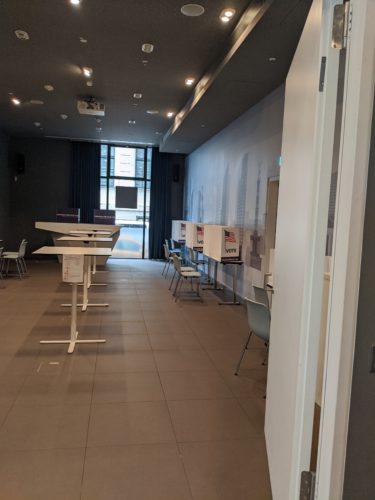
Both are relatively far away from the required 1,991 delegates at this point, but we will have a clearer picture by March 10th, when 61% of the total amount of delegates will have been allotted. However, it appears that even after March 10th, when just under 2/3 of the primaries and caucuses are completed, no candidate will be even halfway to the required amount of 1,991 to win.
What happens if one candidate does not receive the 1,991 delegates?
Diego Rivas: If one candidate does not arrive at the Democratic National Convention this July with more than 1,991 pledged delegates, there will be a brokered convention. A brokered convention means that there will be multiple rounds of voting until there is a winner.
In the second round of voting, automatic delegates (also known as “superdelegates”) will join the voting. Automatic delegates are mostly elected Democratic Party officials representing different State Democratic Party Committees. Several are prominent Democrats (former Democratic Party Chairs, for example) or other current leaders. The vast majority are currently elected officials or have held a prominent office position in the recent past.
The 771 automatic delegates are unpledged, meaning they are able to vote as they wish. Although not required, history shows that it would be wise for the automatic delegates to vote for the candidate that received the most amount of pledged delegates to ensure party unity as the Democrats prepare for the general election season against President Trump. This would be the most fair way to nominate a candidate that represents the widest coalition possible within our political party.
Are you worried about a brokered convention?
Diego Rivas: Yes. The challenge we are facing is how can we fairly nominate a candidate that represents a wide-ranging and diverse political party. Currently, to ensure maximum participation and representation, the barriers for citizens to participate in the Democrat primary are very low. If the Democrats allow such a diverse electorate to participate in the nominating process, they also need to guarantee that the system allows the candidate with the most votes to win, in order to respect the voter’s participation.
The 2016 Unity Reform made substantial progress by determining that automatic delegates can only vote in the second round at a brokered convention. However, we see now that even with this reform, a situation may emerge in which the automatic delegates negate the majority of pledged delegates. I worry that overturning the decision made by the majority of pledged delegates could disillusion several important factions and younger generations of the party. If elected party officials are not going to accept the voters’ majority, why even let them participate in the nomination process in the first place?
Aside from party reform, how should the Democratic Party define their political agenda to have a realistic chance of winning against the Republican Party in the general election?
Diego Rivas: The Democrats need to make clear that they take pressing issues, such as healthcare reform, climate change, stagnating wages, student debt, and affordable housing seriously. These issues affect working and middle class families across the country and must be addressed through comprehensive policy reform. By campaigning on issues that affect a wide array of Americans, and not just focusing on Donald Trump, the Democratic Party can successfully mobilise, and give a voice, to voters in all corners of our country.
In my opinion, it would be dangerous to launch a general election campaign with its core message being solely centered around defeating Trump – voters desperately want Trump out of office, but also want to vote and mobilise for tangible issues that improve their daily life.

